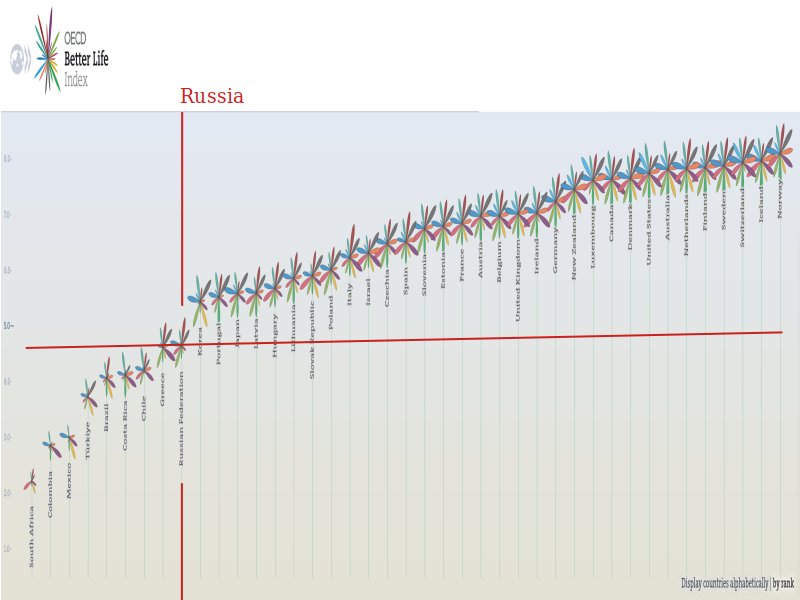80 Russian life
Do you dream of emigrating to Russia? The gulag of milk and honey? This life awaits you:
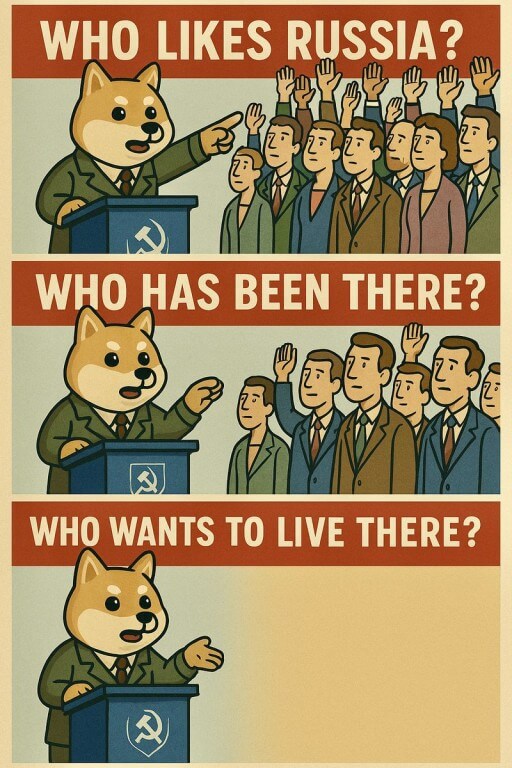
80.1 Ordinary Russian Citizens (ORCs)
The standard of living of the average Russian is pathetic, both in comparison to the average European and even more so in comparison to the Russian “elite”. In 2017, the famous Ukrainian showman Dmitry Chekalkin posted a foto on facebook which shows a middle-aged russian woman:
She is sitting in a flooded kitchen, her feet in water up to her ankles. But the woman is not at all embarrassed by the terrible life; she is busy watching a propaganda program about “evil Ukraine” on the idiot box.1
Not all russians stoically accept a low standard of living, as the following graffity shows:
Who allowed you to live beautifully?2
The Ordinary Russian Citizen (ORC) prefers to steal, loot or destroy wealth of others rather than work for his/her own wealth:
There is the old Soviet joke about Ivan and Vladimir. Ivan is a successful farmer with a cow. The cow produces milk and butter that Ivan sells at the free market. Ivan’s house is clean, the children go to school and have nice clothes, the furniture is nice … Vladimir has sold off the cow and drinks morning till night. The house is a pigsty, the children are little barbarians, he beats up his wife and so on. When the kolkhoz president asks him what they can do for him he replies: kill Ivan’s cow.3
Russians mean this serious until today:
You live too well. We don’t like it. Soon you will live like us.4
Russians have proven this with looting, raping and other war crimes in Ukraine (see also Chapter 96):
Many of the soldiers are dirt-poor and badly educated, with many growing up without access to modern amenities. Many joined the armed forces because they have no future in their backwater towns … When occupying areas, many drank heavily, turning their quarters into shambles, or went around looting anything barely valuable they could get their hands on.5
80.2 OECD Better Life Index
So how is life for Ordinary Russian Citizens?
The OECD Better Life Initiative focuses on developing statistics to capture aspects of life that matter to people and that shape the quality of their lives. This allows for a better understanding of what drives the well-being of people and nations, and what needs to be done to achieve greater progress for all.
Drawing upon the recommendations of the Commission on the Measurement of Economic Performance and Social Progress (to which the OECD has been an important contributor), the OECD has identified 11 dimensions as being essential to well-being, from health and education to local environment, personal security and overall satisfaction with life, as well as more traditional measures such as income.
Russia is clearly worse than most European countries on the OECD Better Life Index.
In the following you see Russia (colored) compared to Germany. Russia is much worse on all criteria, except for Work-Life Balance.
80.3 Housing
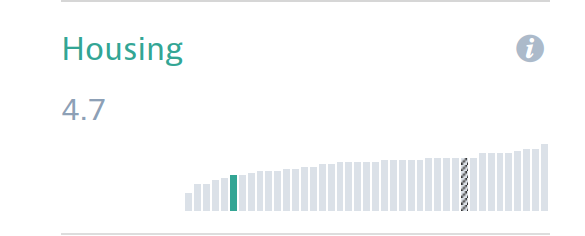
80.4 Income
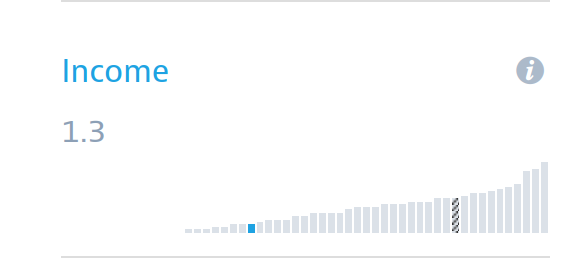
80.5 Jobs
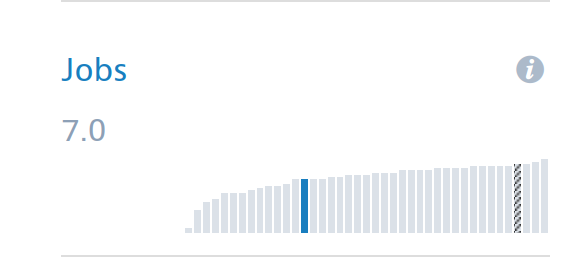
80.6 Community
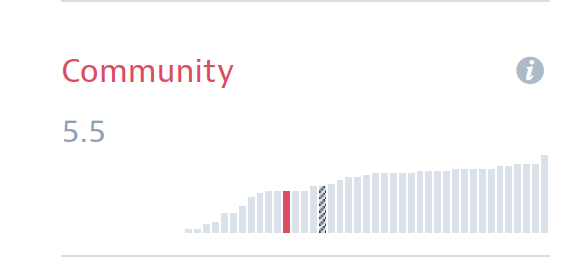
80.7 Education
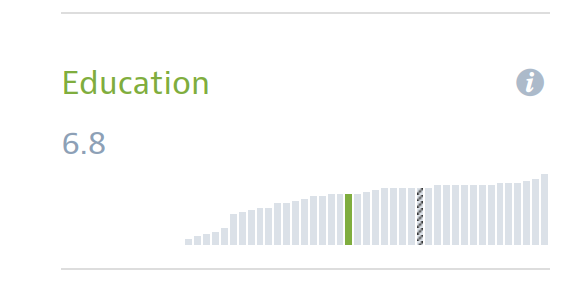
80.8 Environment
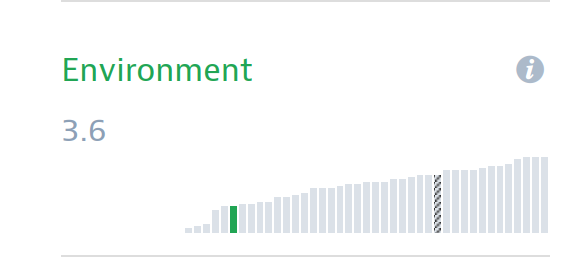
80.9 Civic engagement
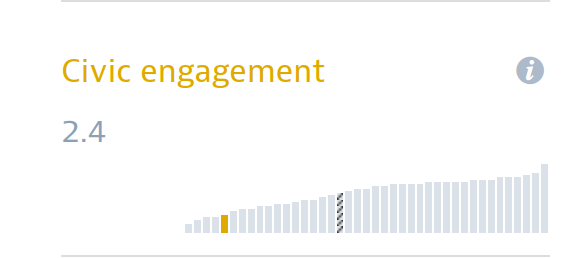
80.10 Health
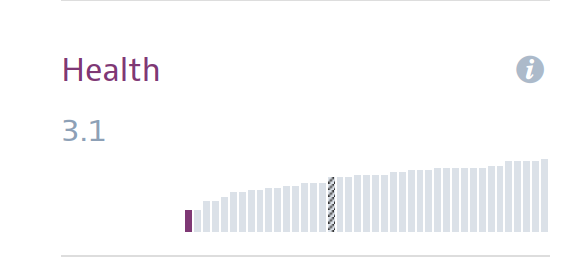
80.11 Life satisfaction
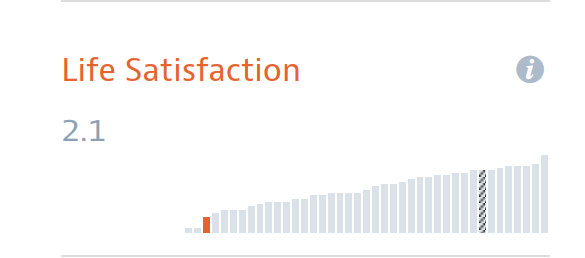
80.12 Safety
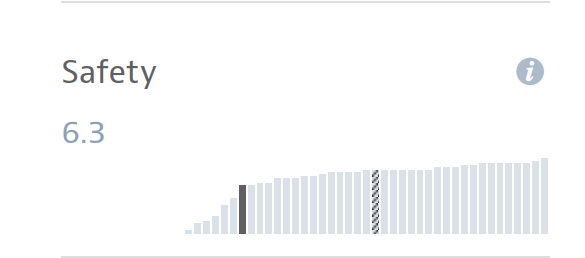
80.13 Work-Life Balance
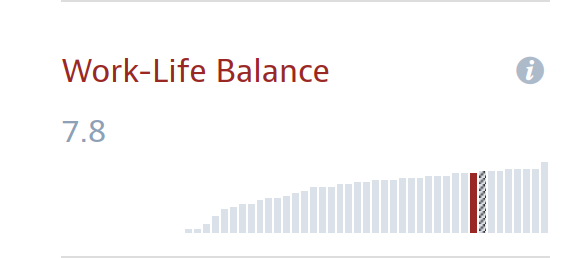
“Sits knee-deep in feces, but for that:”what’s up with the hahloff” - a landmark shot appeared on the Internet, the whole essence of the Russian Federation in just one photo. (July 23, 2017). DialogUA https://www.dialog.ua/news/125542_1500803895↩︎
VoxCheck Team (12 April 2022) FAKE: The inscription “Who allowed you to live beautifully?” was made by the occupiers in the Kyiv region. Vox Ukraine. https://voxukraine.org/en/fake-the-inscription-who-allowed-you-to-live-beautifully-was-made-by-the-occupiers-in-the-kyiv-region↩︎
Roberto De Propris (Apr 18, 2022) Kill Ivans’s cow. Twitter. https://x.com/propris/status/1515989910410477571↩︎
Oleksandra Matviichuk (Apr 18, 2022) “You live too well. We don’t like it. Soon you will live like us”. Report on X. https://x.com/avalaina/status/1515964928691261445↩︎
Igor Kossov (June 7, 2022) Portrait of the invader: Understanding the Russian soldier. Kyiv Independent. https://kyivindependent.com/portrait-of-the-invader-understanding-the-russian-soldier/↩︎
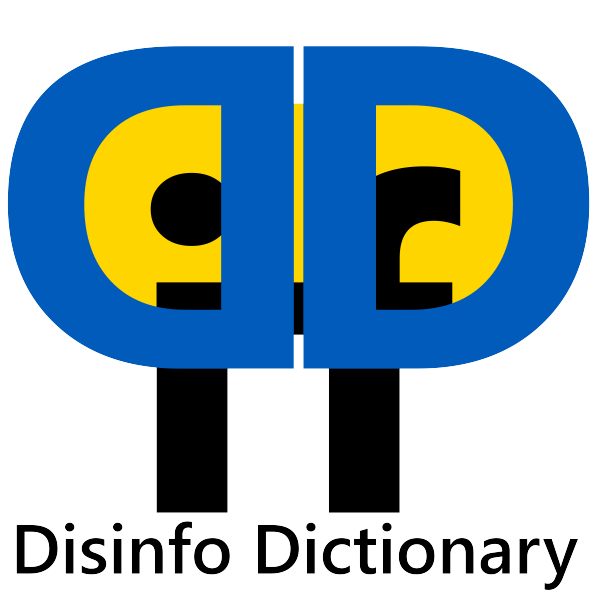

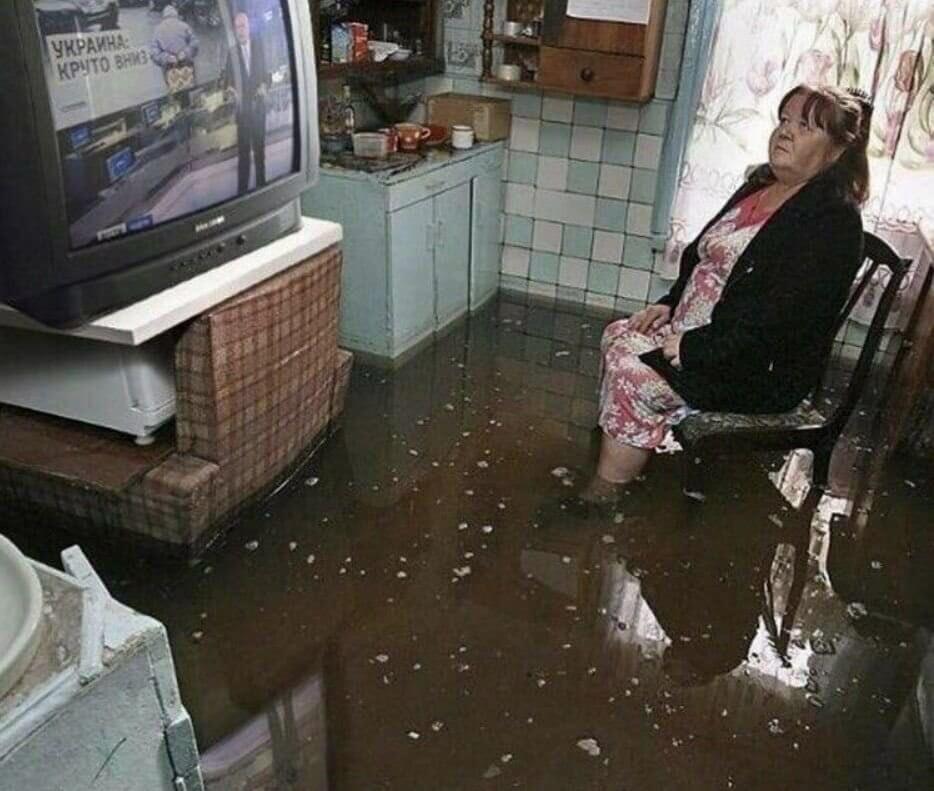
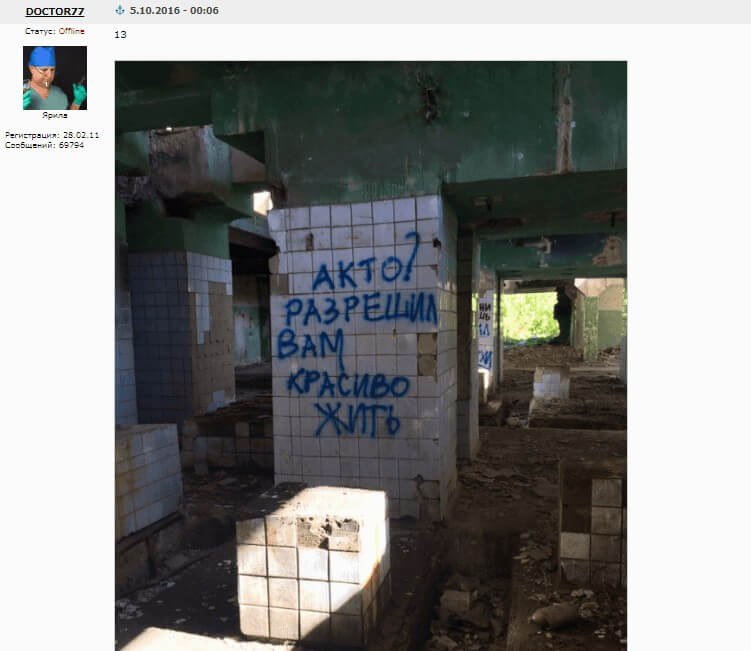 {width=66%}
{width=66%}